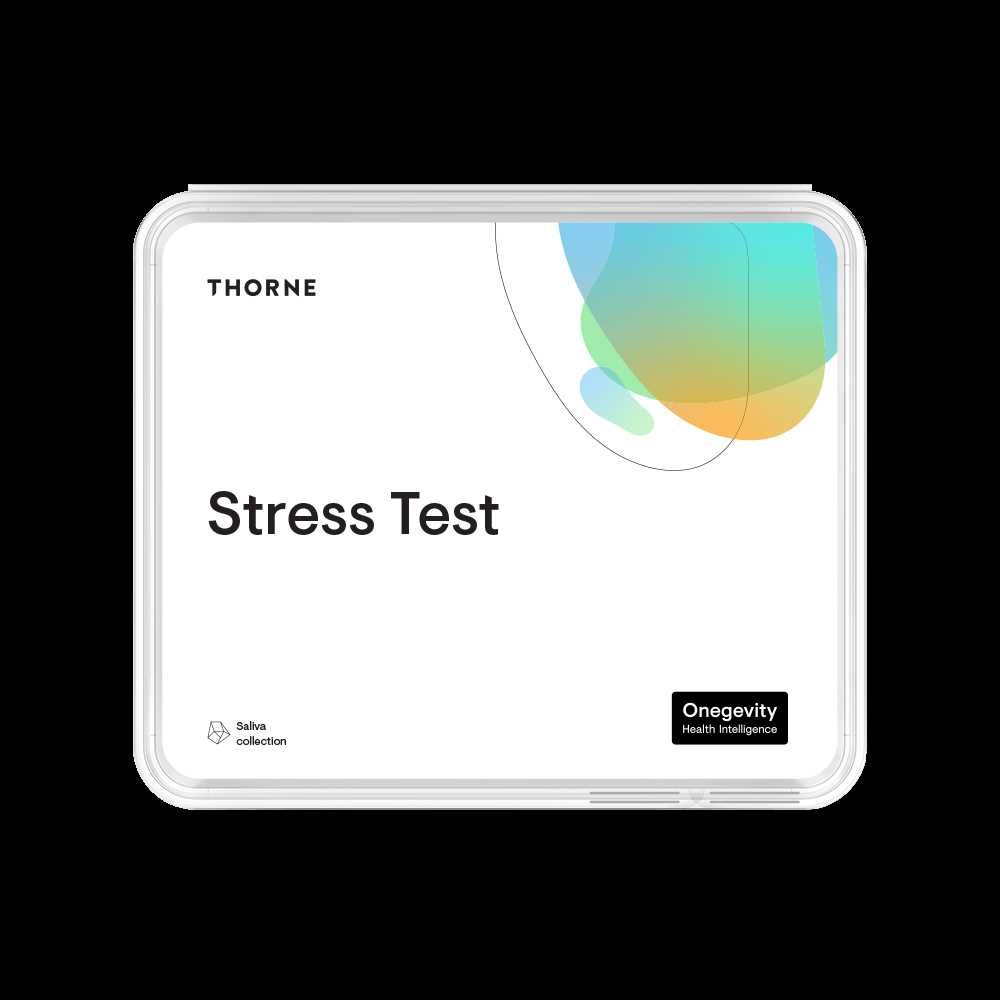
Health and well-being are important aspects of our lives that should never be ignored. In today’s fast-paced world, stress has become a common part of our daily routine. However, it is crucial to understand the impact that stress can have on our overall health and how resilient we are in the face of adversity.
Resilience, or the ability to bounce back and adapt in the face of challenges, is a key factor in maintaining good mental and physical health. It is the secret ingredient that allows some individuals to thrive under pressure, while others crumble. But how can we measure our resilience levels?
Enter the spit test. This simple and non-invasive test measures the levels of cortisol, the primary stress hormone, in our saliva. Cortisol is released by the body in response to stress, and elevated levels can indicate chronic stress and a lack of adaptability. By analyzing the cortisol levels in our spit, we can gain valuable insights into our stress and resilience levels.
Understanding the Importance of Stress and Resilience
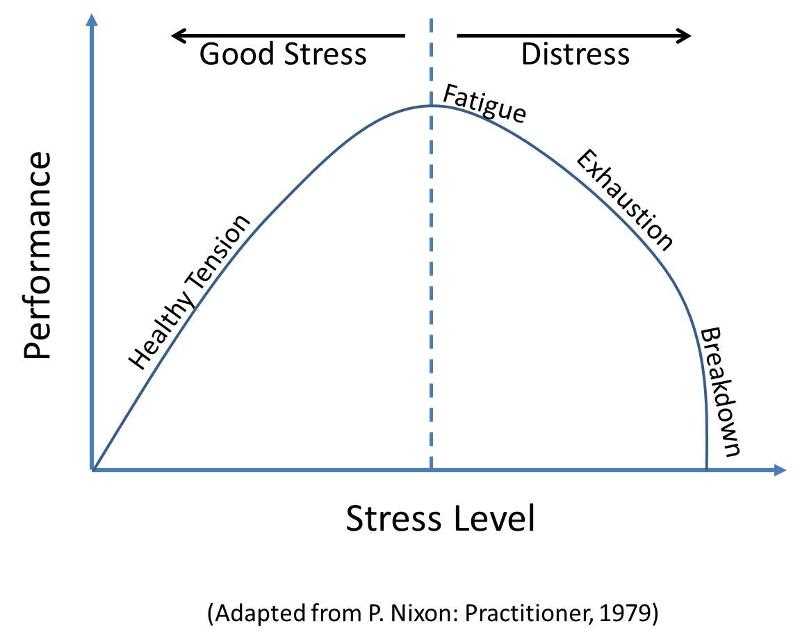
Stress and resilience play a significant role in our overall well-being. Cortisol, a hormone produced by our bodies in response to stress, can have a profound impact on our physical and mental health. High levels of cortisol can lead to a range of negative effects, including increased anxiety, depression, and decreased immune function.
By taking a spit test to measure cortisol levels, we can gain valuable insights into our stress and resilience levels. This test allows us to understand how our bodies are responding to stress and identify areas where we may need to focus on building resilience.
Resilience refers to our ability to adapt and bounce back from stressful situations. It is an essential trait that can help us maintain our well-being and navigate life’s challenges. Understanding our resilience levels can provide us with the knowledge and tools needed to develop coping mechanisms and build our capacity to handle stress effectively.
Identifying our stress and resilience levels through the spit test can empower us to take control of our mental and physical health. Armed with this knowledge, we can make informed decisions about self-care practices, seek support when needed, and implement strategies to reduce stress and increase resilience.
Overall, understanding the importance of stress and resilience is crucial for promoting our well-being. By recognizing the impact of cortisol on our health and utilizing tools like the spit test, we can take proactive steps to manage stress, enhance our resilience, and lead healthier, more balanced lives.
The Impact of Stress on Your Health
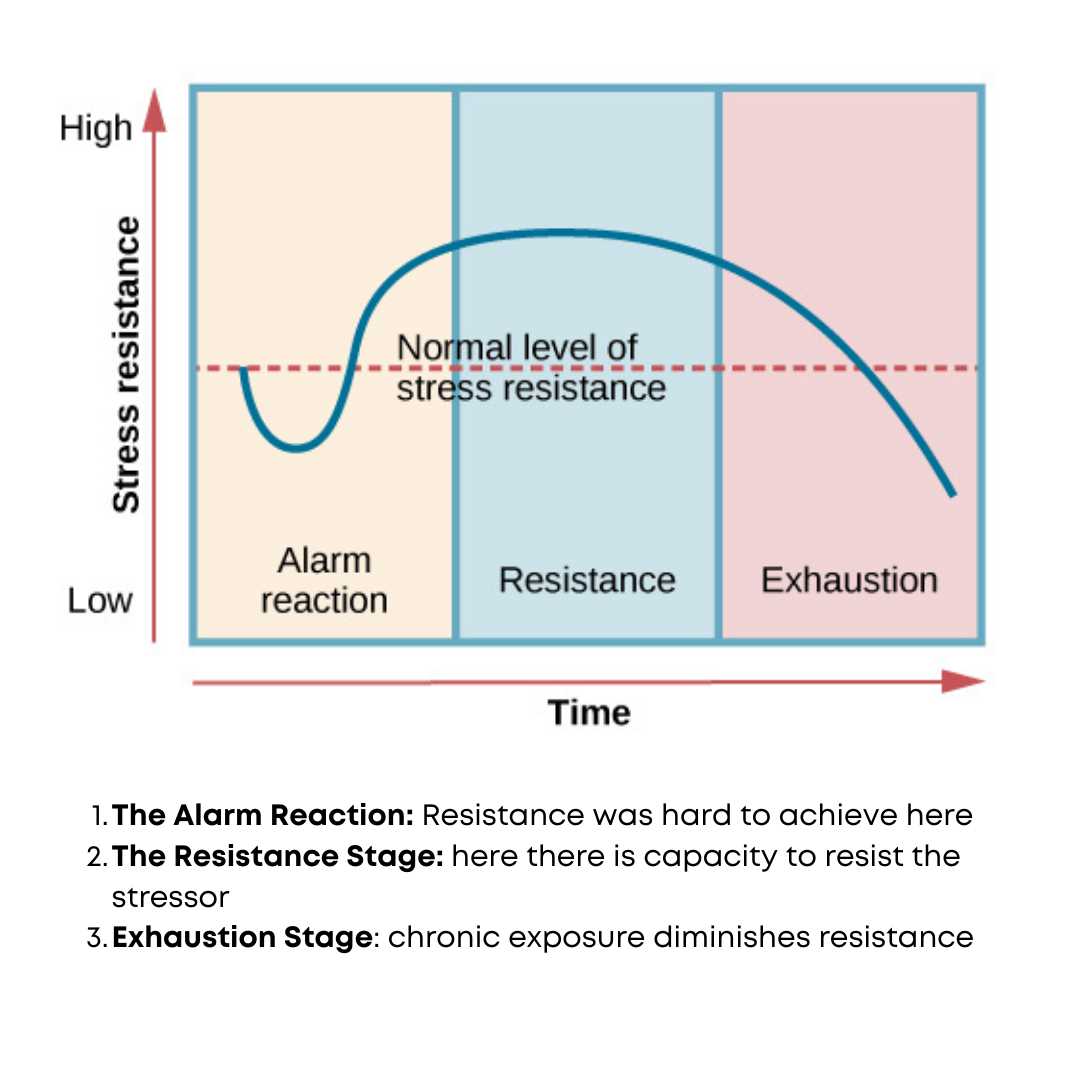
Stress is a common part of life that affects everyone to some degree. It can come from various sources, such as work, relationships, or financial concerns. While a certain level of stress is normal and can even be beneficial in some cases, chronic or excessive stress can have a negative impact on your health and well-being.
One way to measure your stress levels is through a cortisol test. Cortisol is a hormone that is released in response to stress. High levels of cortisol over a prolonged period can lead to a range of health issues, including high blood pressure, weakened immune system, weight gain, and sleep disturbances.
Chronic stress can also affect your mental health. It can contribute to the development or worsening of conditions such as anxiety and depression. Additionally, stress can impair cognitive function, making it harder to concentrate, remember things, and make decisions.
On the other hand, resilience is the ability to bounce back from stress and adversity. It is an important factor in maintaining good health and well-being. Resilient individuals are better equipped to handle stress and are less likely to experience negative health effects.
By understanding your stress and resilience levels, you can take steps to manage stress effectively and improve your overall health. This may involve adopting stress-reducing techniques such as exercise, meditation, or seeking support from friends, family, or professionals.
Remember, stress is a natural part of life, but it’s important to find ways to manage it to maintain your health and adaptability in the face of challenges.
The Role of Resilience in Stress Management
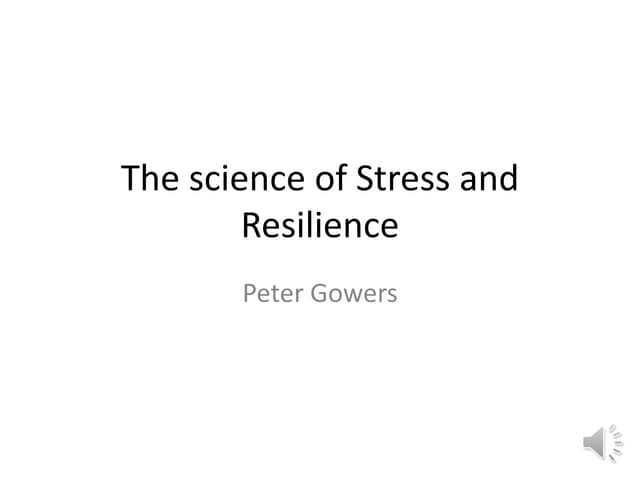
Resilience plays a crucial role in stress management and overall well-being. It refers to the ability to bounce back from adversity and adapt to challenging situations.
When faced with stress, individuals with high levels of resilience are more likely to maintain a positive mindset and effectively cope with the demands of the situation. They are able to handle stress in a healthy and productive way, which can lead to better overall mental and physical health.
The spit test can be a useful tool in assessing one’s resilience levels. By measuring the levels of the stress hormone cortisol in saliva, the test can provide insights into how well an individual is able to handle stress and recover from it.
High levels of cortisol indicate a heightened stress response, while low levels may suggest a lack of resilience and difficulty in adapting to stressful situations. By understanding one’s resilience levels, individuals can take steps to enhance their ability to cope with stress and improve their overall well-being.
Building resilience involves developing skills such as problem-solving, positive thinking, and effective communication. It also involves fostering a strong support network and engaging in self-care activities that promote relaxation and stress reduction.
By actively working on building resilience, individuals can not only better manage stress but also experience improved mental and physical health. Resilience is a valuable asset in today’s fast-paced and demanding world, and investing in its development can lead to a more balanced and fulfilling life.
The Spit Test: A Revolutionary Approach
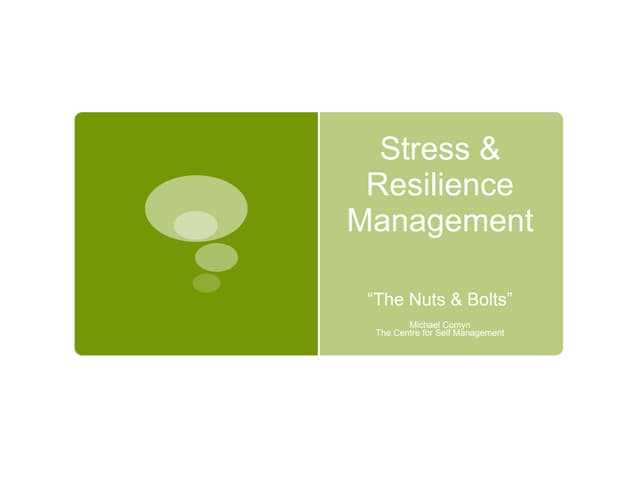
When it comes to our well-being, cortisol levels play a crucial role in determining our stress and resilience levels. Cortisol, often referred to as the “stress hormone,” is a hormone that is released by the adrenal glands in response to stress. It helps regulate our body’s response to stress and plays a key role in our overall health and adaptability.
Traditionally, measuring cortisol levels required blood tests or urine samples, which could be invasive and time-consuming. However, with the advent of the spit test, monitoring cortisol levels has become easier and more convenient.
The spit test is a non-invasive and simple test that involves collecting a small amount of saliva in a collection tube. Saliva contains cortisol, and by analyzing the cortisol levels in the saliva, we can gain insights into our stress levels and overall health.
This revolutionary approach to measuring cortisol levels has several advantages. Firstly, it is a stress-free and painless procedure, making it more accessible to individuals who may be uncomfortable with blood tests or urine samples. Additionally, the spit test can be done in the comfort of one’s own home, eliminating the need for a visit to a healthcare facility.
By regularly monitoring our cortisol levels through the spit test, we can gain a deeper understanding of our stress and resilience levels. This knowledge can empower us to make informed decisions about our health and well-being. We can identify patterns and triggers that contribute to stress and take proactive steps to manage and reduce stress levels.
In conclusion, the spit test is a revolutionary approach to measuring cortisol levels. Its non-invasive nature and convenience make it an attractive option for individuals seeking to monitor their stress and resilience levels. By utilizing this test, we can take control of our health and well-being and make positive changes to live a more balanced and stress-free life.
How the Spit Test Works
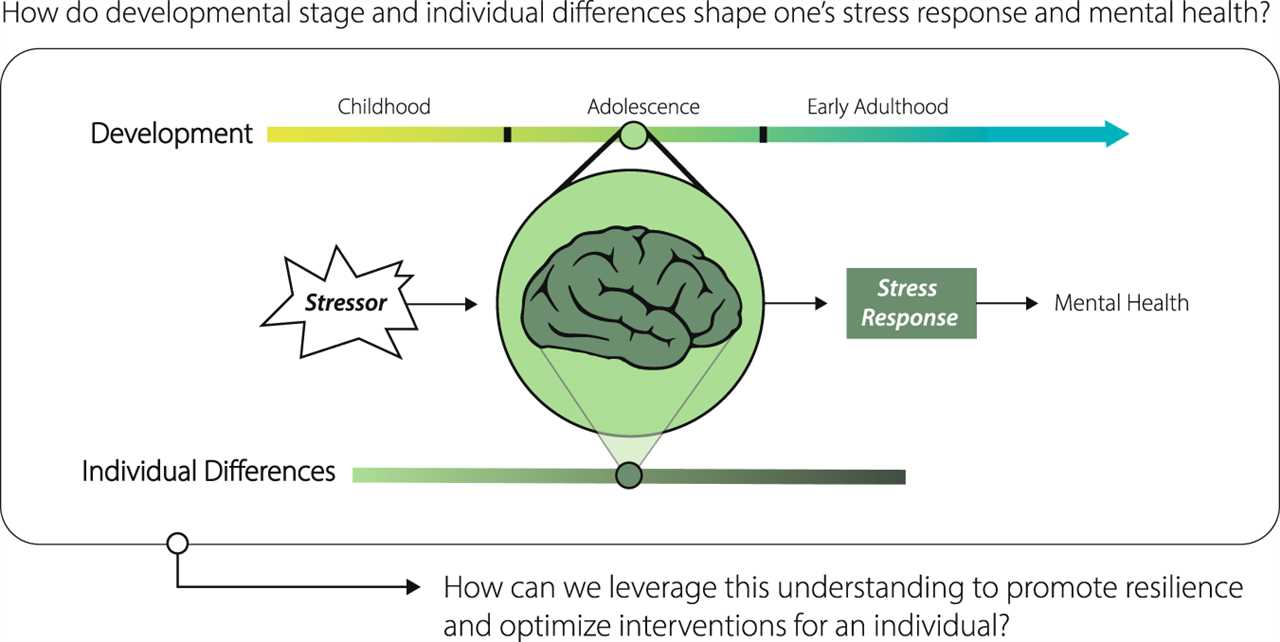
The spit test is a simple and non-invasive way to assess your well-being and resilience levels. It measures the levels of cortisol, a hormone that is released in response to stress, in your saliva.
When you are under stress, your body produces more cortisol. High levels of cortisol can have negative effects on your health, such as suppressed immune function, increased blood pressure, and impaired cognitive function. By measuring your cortisol levels, the spit test can give you insights into your stress levels and help you understand how well-equipped you are to handle stress.
To take the spit test, you will be provided with a test kit that contains a collection tube and instructions. You will need to collect a saliva sample by spitting into the collection tube at specific times of the day, typically upon waking, in the afternoon, and before bed. It is important to follow the instructions carefully to ensure accurate results.
Once you have collected your saliva samples, you will send them to a laboratory for analysis. The laboratory will measure the cortisol levels in your samples and provide you with a report that shows your stress and resilience levels. This report can help you identify areas where you may need to make changes to improve your well-being and manage your stress more effectively.
Overall, the spit test is a valuable tool for assessing your stress and resilience levels. By understanding your cortisol levels, you can take steps to improve your health and well-being, and develop strategies to cope with stress more effectively.
Benefits of the Spit Test

The spit test is a valuable tool for assessing stress and resilience levels in individuals. It provides a non-invasive and convenient way to measure the levels of cortisol, a hormone that is released in response to stress, in the body. By measuring cortisol levels, the spit test can provide insight into an individual’s adaptability and resilience to stress.
One of the main benefits of the spit test is that it can help individuals understand their own stress levels and take proactive steps to manage their well-being. High stress levels can have a negative impact on both physical and mental health, and by identifying and addressing these levels, individuals can take steps to improve their overall health and well-being.
Additionally, the spit test can help individuals understand their own resilience levels. Resilience refers to an individual’s ability to bounce back from stressful situations and adapt to new challenges. By measuring cortisol levels, the spit test can provide insight into an individual’s resilience and help them develop strategies to improve their ability to cope with stress.
Overall, the spit test is a valuable tool for assessing stress and resilience levels. It can provide individuals with important information about their own health and well-being, and help them take proactive steps to manage stress and improve their overall quality of life. By understanding their own stress and resilience levels, individuals can make informed decisions about their health and well-being, leading to a happier and more fulfilling life.
Obtaining Accurate Results
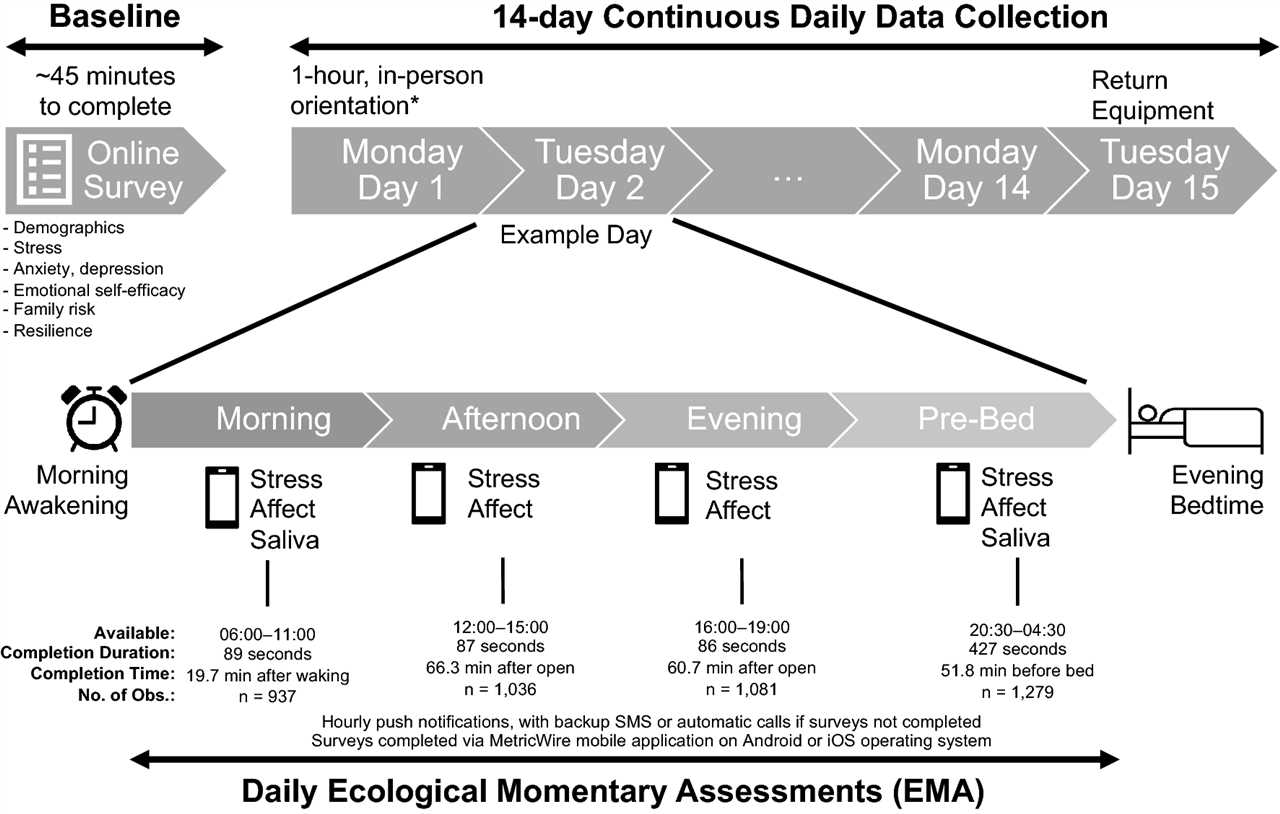
When it comes to measuring resilience, well-being, and overall health, the cortisol spit test is a valuable tool. However, it is essential to ensure that you obtain accurate results to make informed decisions about your stress levels.
Here are some key factors to consider when taking the spit test:
- Follow the instructions carefully: Pay close attention to the instructions provided with the test kit. Make sure you understand the steps involved in collecting your saliva sample accurately.
- Choose the right time: Cortisol levels naturally fluctuate throughout the day, with the highest levels in the morning and the lowest in the evening. To obtain accurate results, it is recommended to collect your saliva sample in the morning, within an hour of waking up.
- Avoid interfering substances: Certain substances can interfere with cortisol levels, leading to inaccurate results. It is advisable to avoid consuming food, beverages, or tobacco at least 30 minutes before collecting your saliva sample.
- Manage stress beforehand: High-stress levels can impact cortisol levels, leading to skewed results. It is crucial to manage your stress levels as much as possible before taking the spit test to obtain accurate measurements.
- Repeat the test if necessary: Sometimes, external factors or personal circumstances can affect cortisol levels, resulting in abnormal results. If you suspect that your initial test results do not reflect your true stress levels, consider repeating the test to ensure accuracy.
By following these guidelines, you can increase the likelihood of obtaining accurate results from the cortisol spit test. Remember that understanding your stress levels is essential for maintaining your overall well-being and health.

I am Patrina de Silva, a psychologist and mental health blogger in Sri Lanka. After obtaining psychology degrees from the University of Colombo and Monash University, I returned home to work as a counselor while also starting the popular blog “Pressy but Happy” to provide advice on psychological issues. Over the past decade, my empathetic articles have made my blog a leading mental health resource in the country. In addition to writing, I maintain a private therapy practice, frequently volunteer counseling time, and conduct seminars, driven by my passion for destigmatizing mental illness and educating the public on the mind-body connection. I strive to be an influential voice in my field through my compassionate approach.
